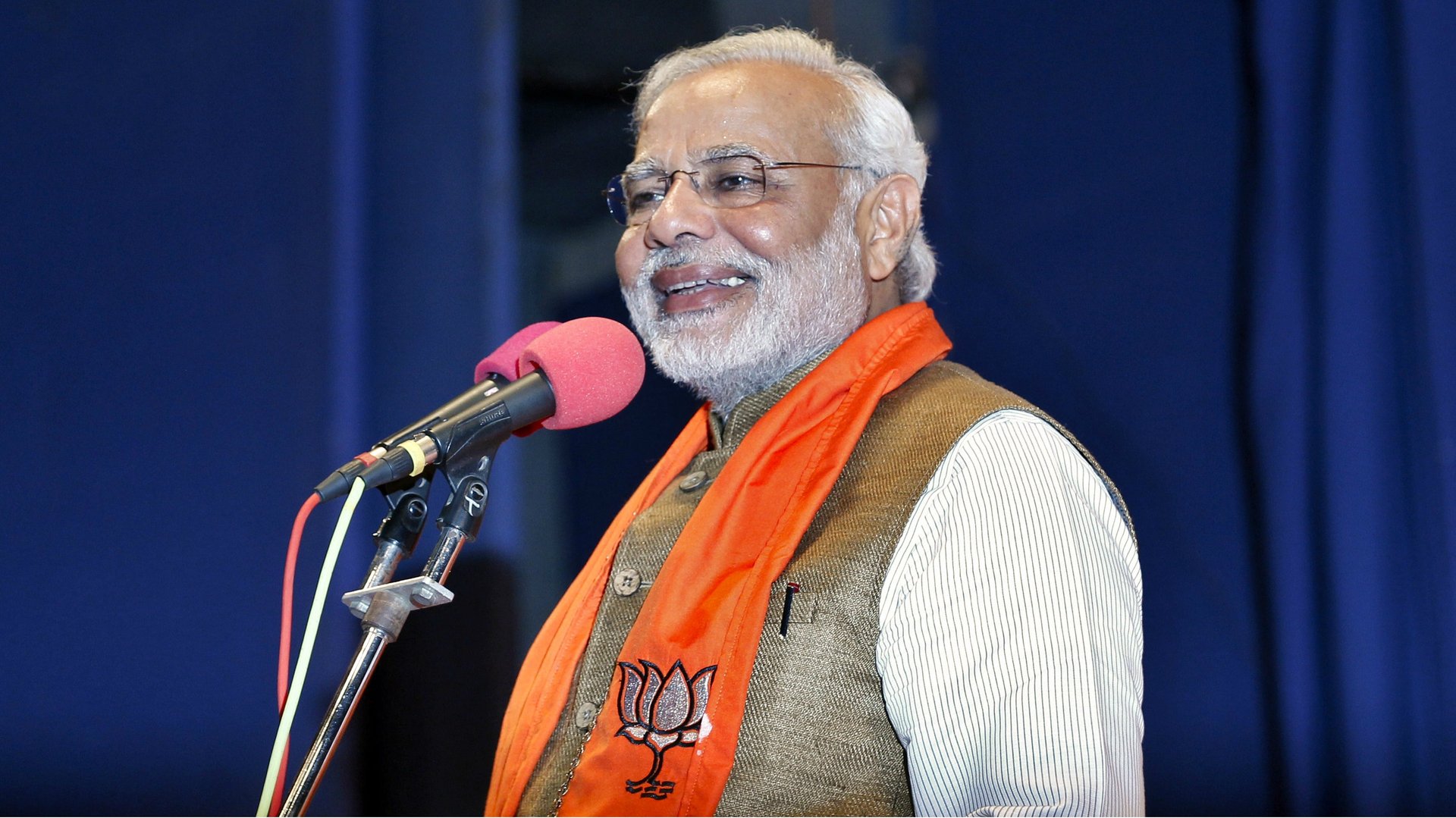Narendra Modi takes on “great economists” from “Harvard, Oxford” who criticized demonetization
Narendra Modi is taking the “great economists” opposing demonetization to task.


Narendra Modi is taking the “great economists” opposing demonetization to task.
During a rally in Uttar Pradesh’s Maharganj district on March 01, the Indian prime minister said, “There are those (critics of the note ban) … people from Harvard, Oxford … great economists … those who predicted that the GDP will go down [2%] or even [4%] … but the nation has seen how Harvard thinks and how ‘hard work’ thinks.”
Modi’s riposte comes just after the government was somewhat vindicated for its November crackdown on Rs500 and Rs1,000 notes. A Reuters poll of 30 economists forecast a 6.4% growth rate for the last quarter of 2016 but data released by the government on Tuesday pegged it at 7%.
While the leader didn’t name names, he was likely alluding to the likes of Cambridge- and Oxford-educated ex-prime minister Manmohan Singh, who had estimated that GDP could take a two-percentage-point hit in a parliamentary speech in the weeks after demonetization.
The dig was probably also aimed at former finance minister P Chidambaram, who touted demonetization as “the biggest scam of the year.” The Harvard alumnus questioned how the new Rs2,000 bills would help curb corruption in future and said the common man was the most hurt by the outcome of the clampdown while the rich were unaffected.
Nobel laureate Amartya Sen looks to be a target as well: The Bharat Ratna awardee and Harvard professor has minced no words when it comes to challenging the government’s philosophy and political conduct. On the topic of demonetization, Sen openly called the move to put 86% of the nation’s currency out of service ”a despotic action.” However, the outspoken critic’s feud with the ruling Bharatiya Janata Party (BJP) predates the recent cash crunch. He has fought for academic freedom in India and countered the BJP on matters of free speech and burgeoning nationalism. His nine-year run with the prestigious Nalanda University in Bihar ended because of his scathing public critique of the government.